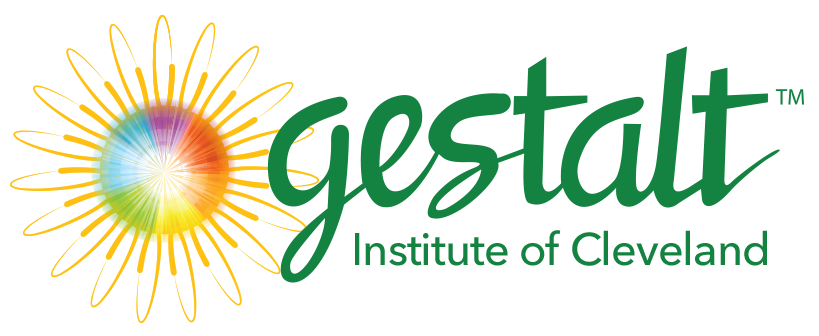Reclaiming Wholeness: A Compassionate/Relational Gestalt Understanding of Trauma and Addiction
In Person Workshop
Date and Time:
April 26 - 27, 2025
Saturday: 9:00am - 5:30pm ET
Sunday: 9:00am - 5:30pm ET
Location: In Person at the Gestalt Institute of Cleveland
Berea, OH (near Cleveland)
Tuition: $375
Early bird discount, pay $350 by March 26th
use discount code: HEALING
Continuing Education: 14 CE's
Facilitator: Rafael Cortina, MBA, LMFT, MAC, CCTP-II
In Person Workshop
Date and Time:
April 26 - 27, 2025
Saturday: 9:00am - 5:30pm ET
Sunday: 9:00am - 5:30pm ET
Location: In Person at the Gestalt Institute of Cleveland
Berea, OH (near Cleveland)
Tuition: $375
Early bird discount, pay $350 by March 26th
use discount code: HEALING
Continuing Education: 14 CE's
Facilitator: Rafael Cortina, MBA, LMFT, MAC, CCTP-II
In Person Workshop
Date and Time:
April 26 - 27, 2025
Saturday: 9:00am - 5:30pm ET
Sunday: 9:00am - 5:30pm ET
Location: In Person at the Gestalt Institute of Cleveland
Berea, OH (near Cleveland)
Tuition: $375
Early bird discount, pay $350 by March 26th
use discount code: HEALING
Continuing Education: 14 CE's
Facilitator: Rafael Cortina, MBA, LMFT, MAC, CCTP-II
Traumatic childhood and life events shape how individuals see themselves and the world, which directly impacts relationships, self-perception, coping skills, self-esteem, etc. Unfortunately, a common and initially effective way of managing the impact of trauma and adjusting to the world is through addictive behaviors. They provide temporary relief and anesthetize emotional and relational pain. This workshop offers a deep exploration of how traumatic experiences can contribute to addictive patterns and behaviors while also examining how addiction can serve as a coping mechanism for unresolved trauma.
Learning Objectives
Participant completing this workshop will be able to:
*Identify how compulsive behavior can function as creative adjustment and the impact on adult behavior and relationships;
*Express effective ways of supporting recovery while providing a safe space for trauma work;
*Formulate an application of Compassionate/ Relational principles and relational therapy to support recovery and trauma healing;
*Describe the concept of emotional regulation;
*Examine processes that support nervous system regulation;
*Identify how attempts at emotional regulation, such as compulsive behavior, can function as creative adjustment;
*Discuss the impact of nervous system regulation on adult behavior and relationships;
*Express effective ways of supporting recovery while providing a safe space for trauma work; and
*Formulate an application of Compassionate/Relational principles and relational therapy to support recovery and trauma healing.

